|
Shahram Talei graduated this summer with a PhD in astronomy! During his studies he developed the hydrodynamic code CoSANG (Coupling Semi-Analytic and N-body Galaxies). This program uses a combination of N-body simulations to model dark matter and semi-analytic models to describe baryonic matter. This makes the things much simpler computationally, as hydrodynamics are what take the most time to simulate. Dr. Talei says creating new models to solve problems and seeing how they can be used by other scientists is one of his favorite parts of his job.
Dr. Talei is Intel AI/ML certified and a NatGeo certified educator. In August he will be joining the faculty at Georgia College with a teaching position. If you see Shahram around campus be sure to tell the new doctor congratulations!
0 Comments
With Spring 2023 coming to a close PAGSA wants to wish you all a great summer! Congratulations again to all those students who graduated and became doctors this year, we know you'll do great things!
Last Saturday UA joined MSU and Ole Miss for an intramural, student-lead symposium. Symposia and conferences are important opportunities to present your own work and keep up on what is newest in the field, as well as make connections with other scientists. COVID disrupted a lot of these social-educational gatherings, so we at PAGSA jumped at the chance to help our students practice presenting their research. Pictured above is the group shot of the event (left). Thank you again to the PGSA of MSU, who put on an amazing event, including best presentation and poster contests!
Pictured above and on the right are Micheal Zengel and Riley Nold, undergraduate students from UA who won best poster for their work on Heusler compounds. These compounds are analogous to the materials used in transistors, which often consist of 2-element crystalline structures. Heusler compounds are made from 3 elements, and can exhibit important quantum properties related to spintronics. Zengel and Nold used computer modeling to predict the properties of different Heusler materials to aid in developing and applying exciting new technologies. Congratulations to them both! On Monday, March 6 this week Wenhao Li defended his dissertation on post-merger galaxies, and became Dr. Li! Mergers commonly trigger both star formation quenching and active galactic nuclei (AGN). By analyzing the star formation history and neutral hydrogen covering fraction of many post-merger galaxies, Wenhao was able to show that star formation quenching is more directly related to the merging behavior than to the ensuing AGN activity.
Dr. Wenhao Li has exciting career prospects, and is considering either entering the private industry in China or continuing with two proposals accepted by NuSTAR and Chandra in 2022. As an observer, Li says one of the most interesting parts of his research is creating a pipeline to take raw observational data such as flux and derive properties of physical interest, such as gas covering fractions and star formation rate. These derived properties have to be properly presented, scaled, and colored to make an accurate and convincing case, as Dr. Li has for the connection between mergers, AGN, and star formation rates. The Physics and Astronomy Graduate Student Association is happy to announce we've been invited to a student-lead research symposium at Mississippi State University. The symposium will take place on March 25, in Hilbun Hall (pictured). Graduate and undergraduate students are welcome. PAGSA will be arranging some transportation, stay tuned for details.
If you plan to attend you present, the official registration form is here: MSU Symposium Registration NOTE: The Doodle poll sent out previously was for a rough headcount to tell MSU. This is the real registration form! Here's the announcement about the event from PGSA at MSU with additional details: MSU Symposium Announcement Please register by March 18. iPosters must be emailed to [email protected] by March 23, with the subject line: "Poster_Title / Author_Name". This is an excellent opportunity to collaborate and meet new, fellow scientists. It's also a great opportunity to practice going to a conference is you've never been before, as it's a low pressure environment in which to share your research. Hope to see you all there! Congratulations to all physics and astronomy graduate students who completed their degrees this semester! Weidong Jin and our past president Pabandha Nakarmi both received their PhDs, and other PAGSA members attended to show support to all their colleagues! Pictured (from left): Ava Ghadimi (PAGSA member), Dr. Atreya Acharyya (postdoc), Dr. Patrick LeClaire (department head), Dr. Prabandha Nakarmi (past president, graduating), Dr. Weidong Jin (PAGSA member, graduating), and Dr. Marcos Santander (advisor).
This semester the Physics and Astronomy Department sent a student to the finals of the Three Minute Thesis competition. Kavya Mukundan, a fellow astronomy graduate student, won at the departmental level and continued to the finals for our university, placing third and winning a scholarship to continue her important work on galaxy morphology. In the Three Minute Thesis (3MT) contest, graduate students attempt to explain their research and its importance to a general audience (ie, non-experts) in only three minutes. This requires a very different sort of approach than most talks, where the emphasis is on details that other experts of the field may be interested in. Mrs. Mukundan practiced her talk specifically on non-physicists to be sure everyone could understand it. She believes it's a useful exercise for researchers in general, "I got to think about my research from different viewpoints. While it is true that we live in our own little academic bubble, reaching out to general people and letting them know why what we do is important is crucial. Because they are the people who decide the fate of scientific funding or policy. And as scientists, it’s our responsibility to make complex things simple for others. " This past Sunday, November 6th, PAGSA partnered with the Society of Physics Students (SPS) to host a department wide picnic at Lake Nicol! Undergraduates, professors, family and friends all gathered at the scenic lake for games, food, a nature hike, or just to meet new people in other areas of the department. With a turn-out of nearly 50 people, this was our biggest off-campus event yet!
Although we provided catering platters, some people also brought home-made goodies to share! We certainly have some chefs among us, because the food was delicious. Thank you too everyone who helped organize the event and give rides to those who needed them! If you attended the event, please feel free to fill out this brief form about the experience! We value your feedback and hope to have more events like this in the future, so let us know what you think! Lake Nicol feedback survey Do you know how much football relies on physical intuition? Our players must be applied physics experts! Last weekend PAGSA partnered with the Society of Physics Students (SPS), our undergraduate counterpart, to come up with some fun physics demonstrations to show off at our booth. With the help of the campus machine shop, we made a see-saw with an adjustable fulcrum and invited children to guess where to put the fulcrum so their weight could lift a "dinosaur" (well....physics student in a dino costume). We also had a Van de Graaff generator, and a magnet that launched small metal tubes into the air, or heated them rapidly, depending on the nature of the metal. Very cool!
Pictured above: some of our scary physics dinosaurs. On October 14th 2022 Bhuwan Nepal successfully defended his thesis, "Study of Magnetization Dynamics for Neuromorphic Computing Device Applications" and became Dr. Nepal!. His work uses simulations of complex magnetic activity to understand particular materials; these materials may allow us to create much more efficient computers by mimicking some properties of the human brain.
He's currently in California working for Headway Technologies Inc. in direct relation to his research. He says he really appreciates how work with magnetic materials has very practical applications that benefit everyday people, such as giving us the technology in magnetic tape, hard drives, and credit cards. |
AuthorJacob Morgan is the PAGSA Information Manager and website editor. Archives
June 2024
Categories |

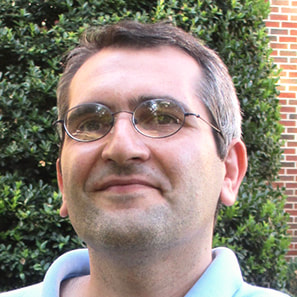
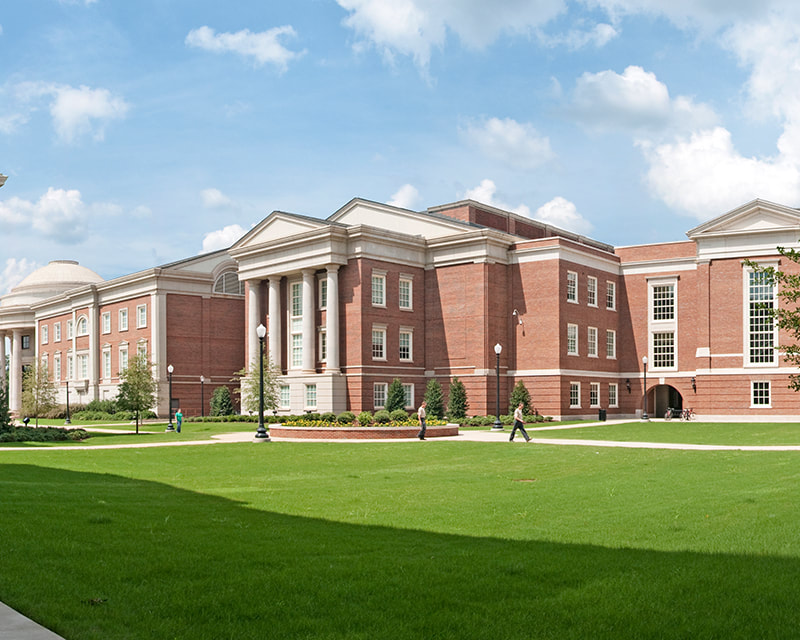
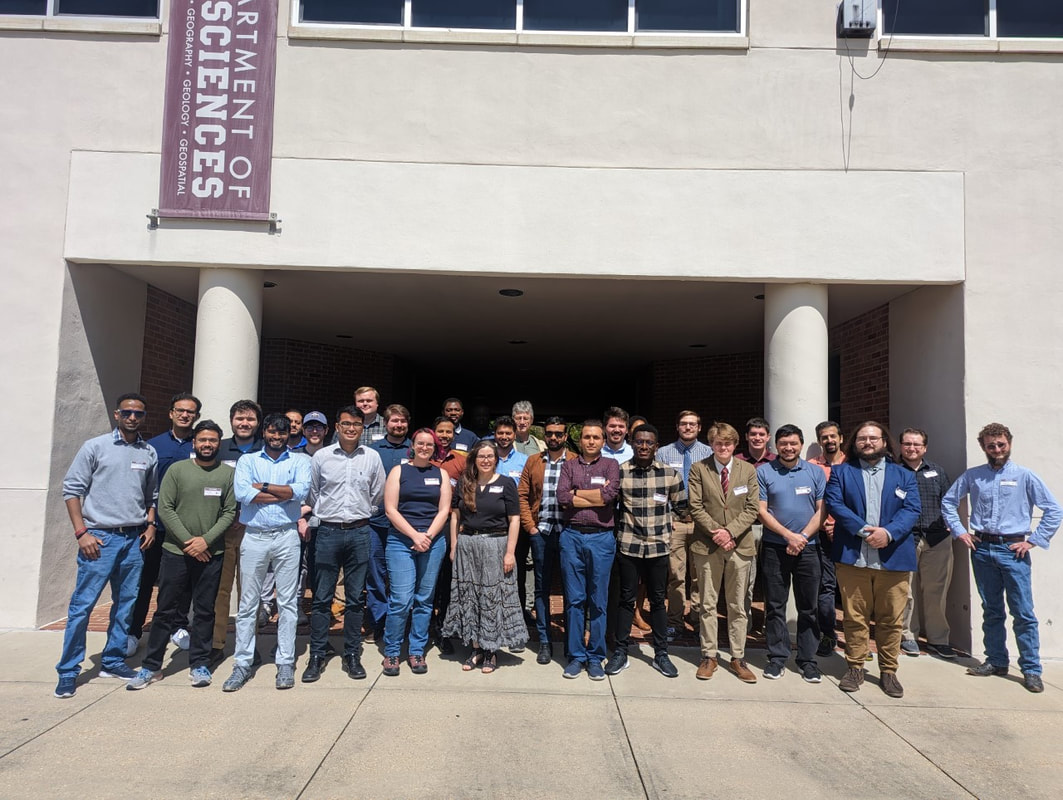
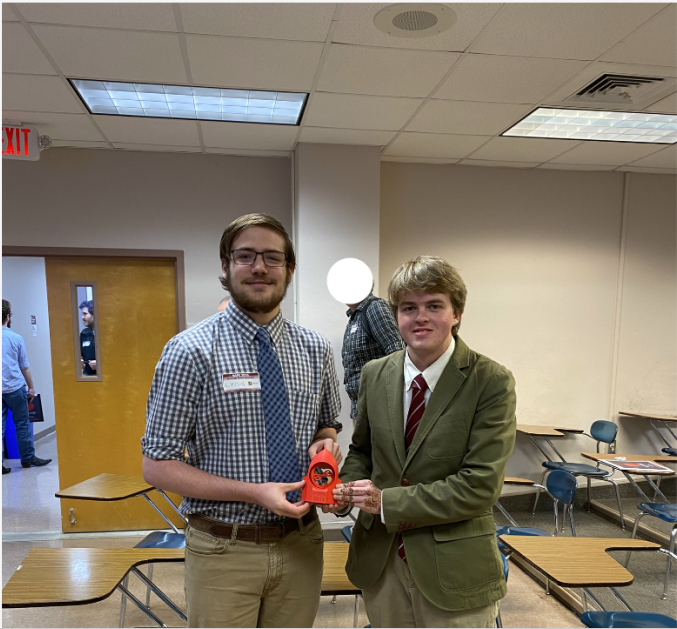
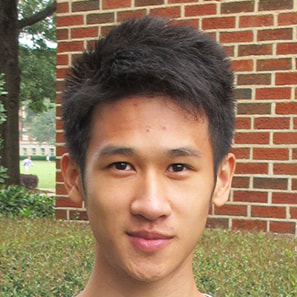
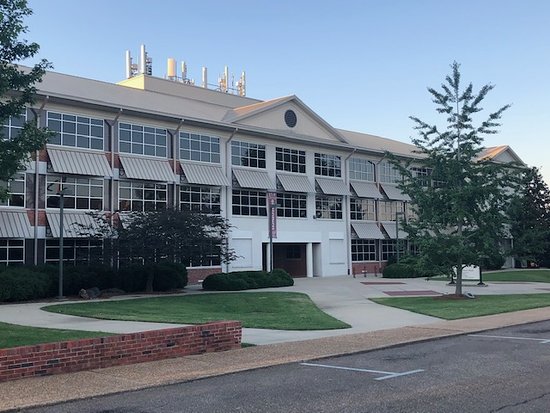
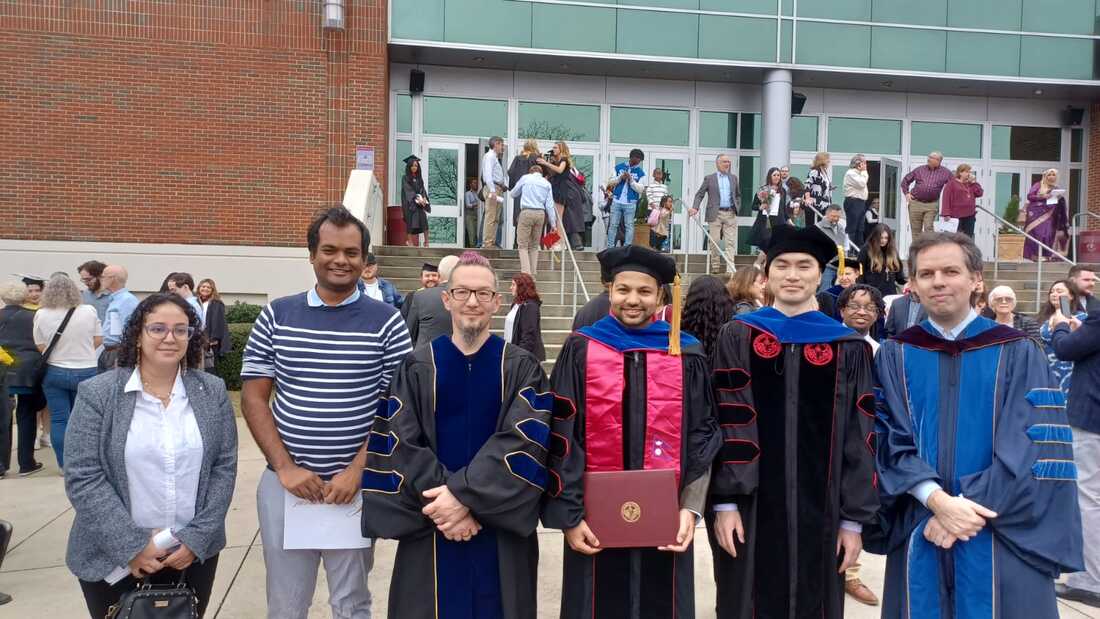
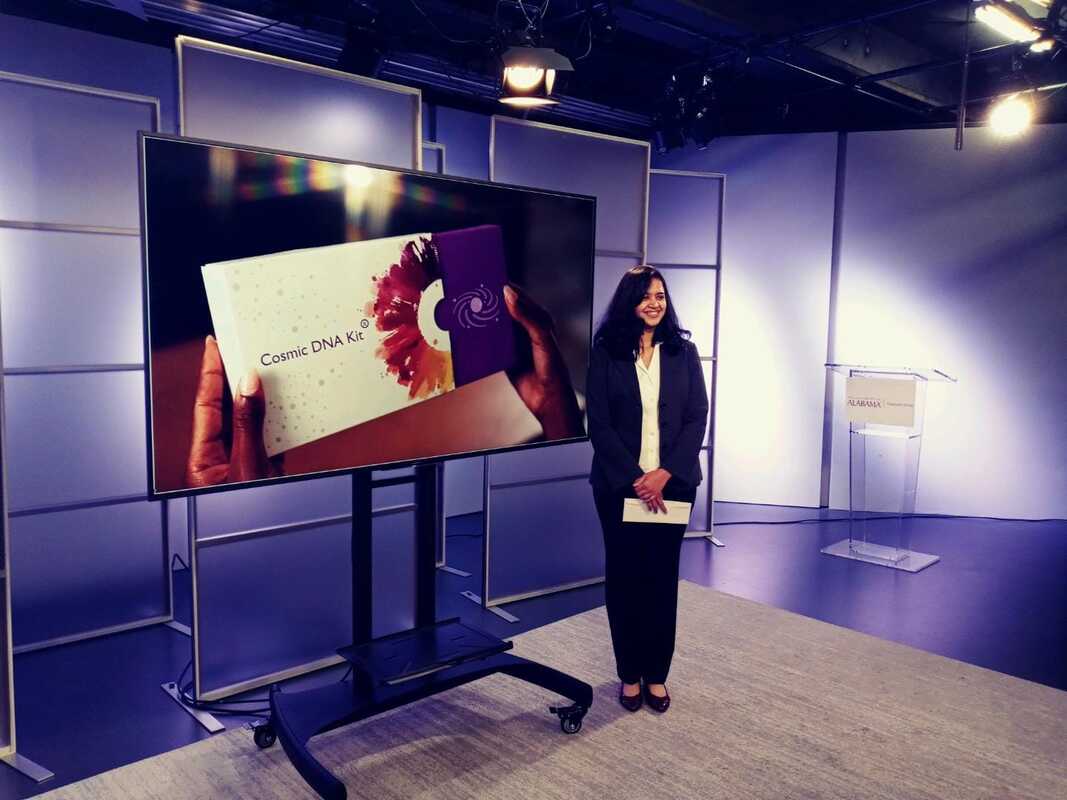

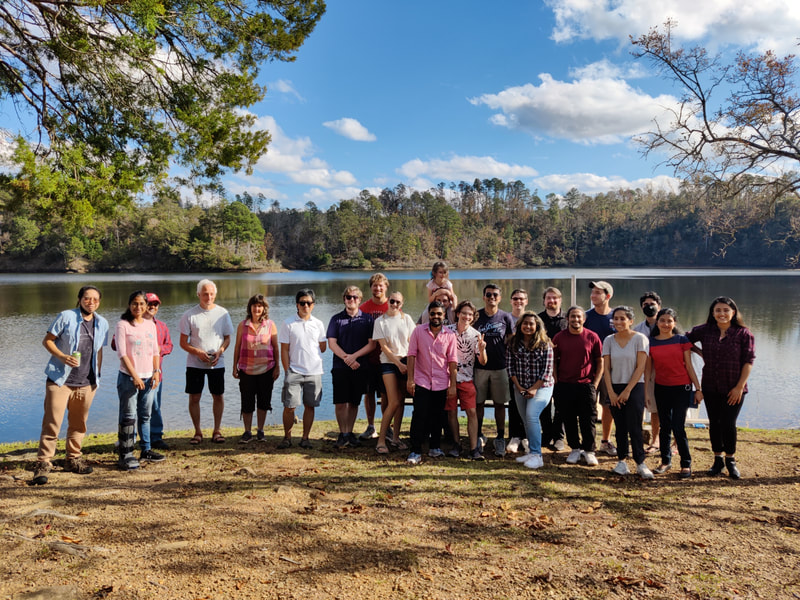

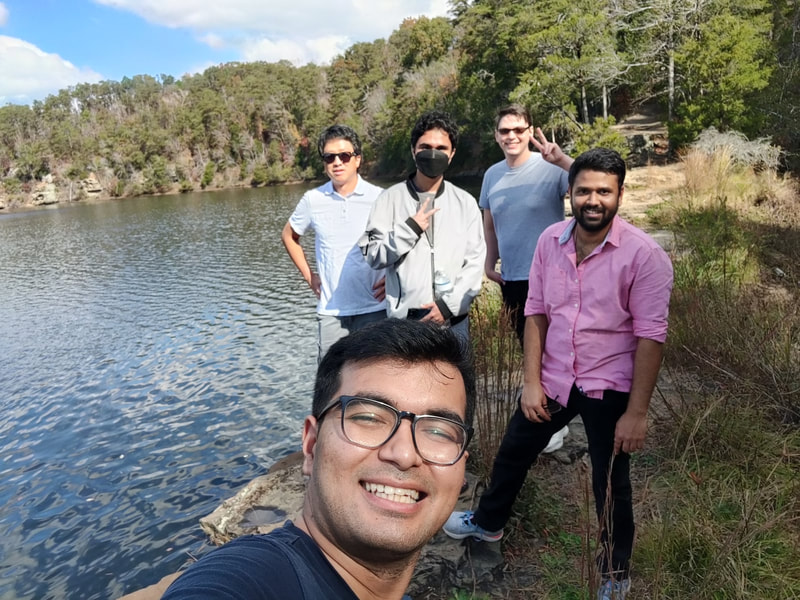
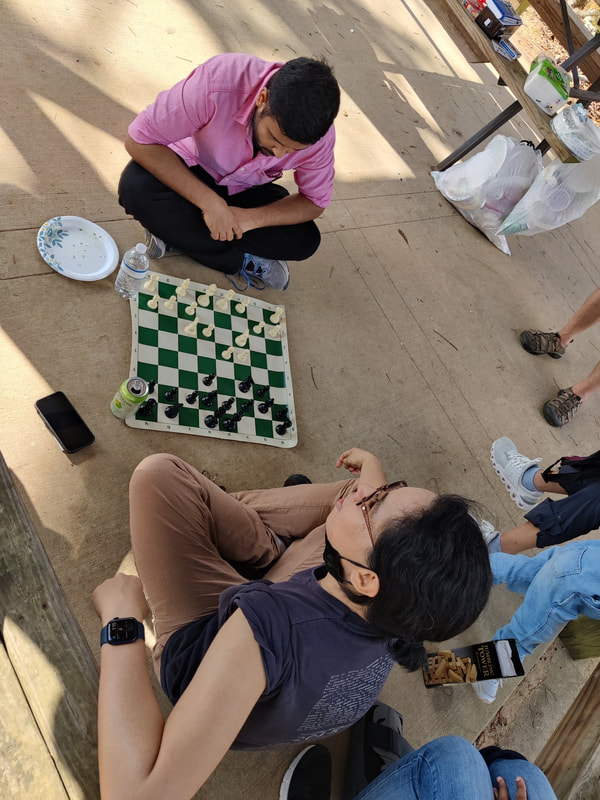
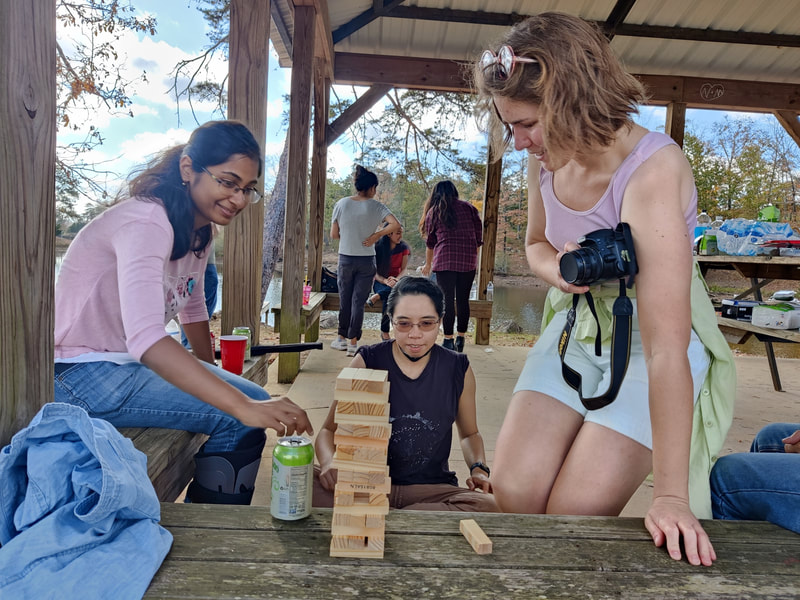
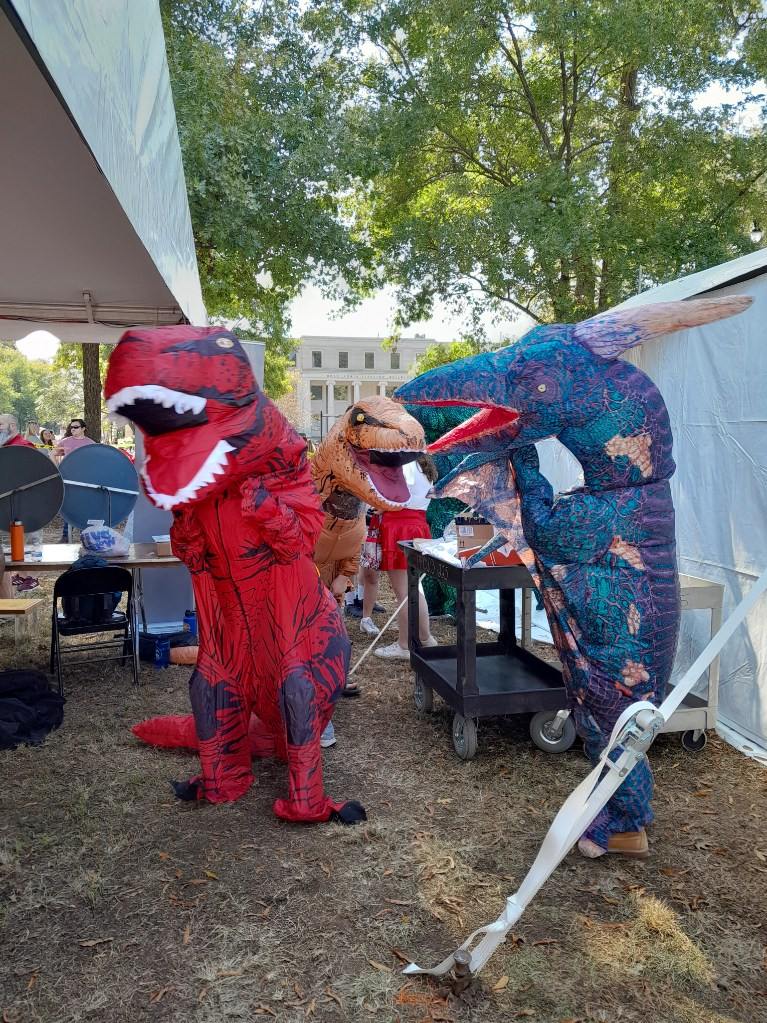
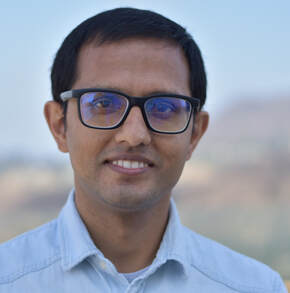
 RSS Feed
RSS Feed